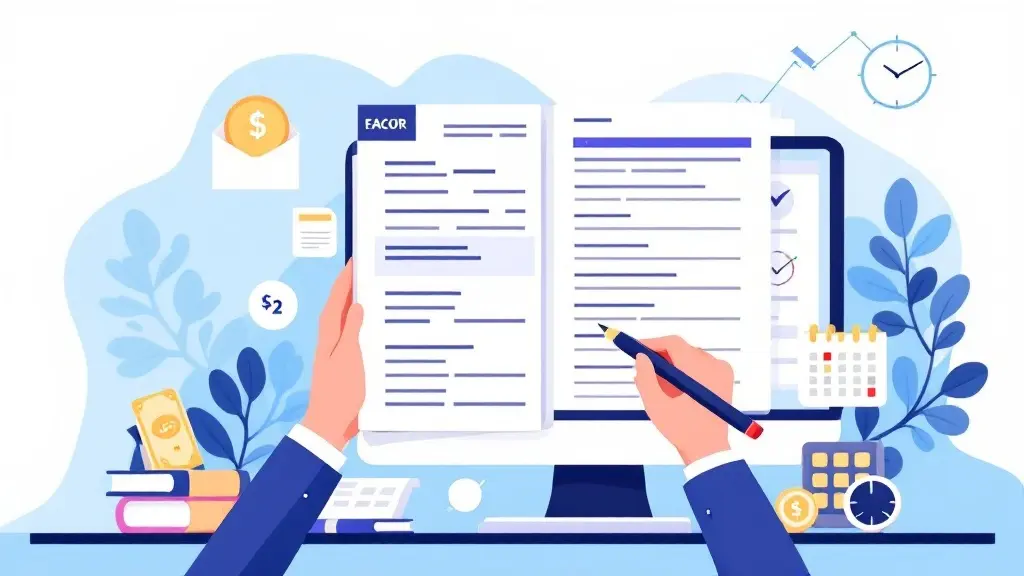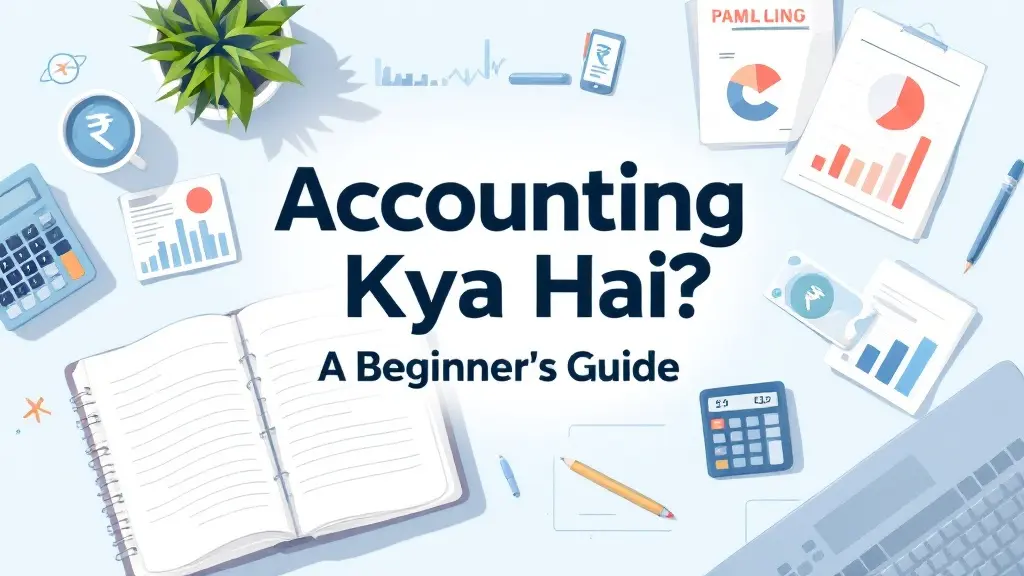CA Course After Graduation: A Step-by-Step Guide to Becoming a Chartered Accountant
Table of Contents
Most Read
[fusion_dropcap class="fusion-content-tb-dropcap"]T[/fusion_dropcap]he Chartered Accountancy (CA) course is one of the most prestigious professional qualifications in India. Known for its rigorous academic structure and high demand for skilled professionals, the CA course offers immense career opportunities in various sectors, including finance, auditing, taxation, and consultancy.
If you’ve recently completed your graduation and are considering a career in finance, becoming a CA after graduation could be a smart choice. In this blog post, we’ll break down everything you need to know about pursuing a CA course after graduation, from eligibility criteria to the course structure, and tips to succeed.
What is the CA Course?
The CA course is a professional qualification awarded by the Institute of Chartered Accountants of India (ICAI). It’s designed for individuals who wish to build a career in accounting, finance, taxation, auditing, and business consultancy. The course equips students with the expertise and skills required to handle complex financial tasks for businesses, government agencies, and other organizations.
Becoming a CA opens doors to high-paying jobs, entrepreneurial opportunities, and the chance to work with reputed firms and clients.
Why Pursue a CA After Graduation?
There are several reasons why pursuing a CA after graduation is a great career move:
1. High Demand in the Job Market
Chartered Accountants are in high demand, especially in industries like banking, insurance, corporate law, and taxation. The role of a CA is crucial for businesses that need expert financial advice, making it a recession-proof profession.
2. Lucrative Salary
CAs are among the highest-paid professionals in India. The salary of a fresh CA can range from ₹7 lakh to ₹10 lakh per annum, with the potential to earn much more as they gain experience.
3. Career Flexibility
A CA qualification opens up multiple career paths, from working with multinational corporations to starting your own consultancy firm. You can also explore niche areas like forensic accounting, internal auditing, or corporate finance.
4. Global Recognition
While CA is a qualification specific to India, the skills and knowledge gained are globally recognized. You can work in different countries with an ICAI membership, making the course internationally relevant.
5. Respectable Profession
Being a Chartered Accountant is considered prestigious. The hard work and dedication required to complete the course are respected by employers, clients, and peers.
Eligibility Criteria for CA After Graduation
To pursue the CA course after graduation, there are certain eligibility criteria set by ICAI. Here’s what you need to know:
1. Educational Qualifications
Graduates in any stream (commerce, science, or arts) from a recognized university can apply for the CA course. However, there are certain percentage requirements:
- For candidates with a commerce background, a minimum of 55% marks in graduation is required.
- For candidates from non-commerce backgrounds, the percentage requirement is typically 60%.
If you are a graduate and fulfill the criteria, you can directly register for the Intermediate level of the CA course.
2. Age Limit
There is no specific age limit to apply for the CA course. You can pursue it at any stage of your professional journey after graduation.
3. Registration Process
To start your CA journey, you need to register with ICAI. After registration, you can appear for the Intermediate exams and start your professional journey.
CA Course Structure
The CA course consists of three levels, and you can start with the Intermediate level after completing your graduation. The structure is as follows:
1. CA Foundation
This is the entry-level exam. However, as a graduate, you can skip this level and directly register for the Intermediate level. For those starting from scratch, the Foundation exam consists of four papers related to accounting, law, economics, and business ethics.
2. CA Intermediate
The Intermediate level is the first major hurdle in the CA course. This level consists of two groups, each containing four papers. The subjects covered at this stage include:
- Accounting
- Corporate and Other Laws
- Cost and Management Accounting
- Taxation
- Auditing and Assurance
- Enterprise Information Systems and Strategic Management
- Financial Management and Economics for Finance
After clearing the Intermediate level, you must undergo practical training (articleship) under a qualified CA for a period of 2.5 years.
3. CA Final
The final level of the CA course is the most advanced. It focuses on high-level subjects such as:
- Advanced Accounting
- Strategic Financial Management
- Advanced Management Accounting
- Direct and Indirect Tax Laws
- Auditing and Professional Ethics
- Corporate and Economic Laws
You must complete your articleship before appearing for the CA Final exams.
CA Articleship: The Practical Training
One of the most unique aspects of the CA course is the articleship, which is a mandatory training program that lasts for 2.5 years. During this period, you will work under the guidance of a qualified CA and gain hands-on experience in various fields like auditing, accounting, taxation, and finance.
Articleship Requirements:
- You must complete the entire duration of the articleship.
- You will be required to attend regular classes and gain exposure to different industries and firms.
- Practical knowledge gained during this period is invaluable and prepares you for real-world financial challenges.
How to Prepare for the CA Exams After Graduation?
The CA exams are notoriously tough, but with the right approach, you can succeed. Here are some tips to help you prepare effectively:
1. Understand the Syllabus
The CA syllabus is vast, so it’s essential to understand the structure and topics in each paper. Break down your study schedule according to the syllabus to ensure comprehensive coverage.
2. Create a Study Plan
Make a realistic study plan, allocating time for revision and practice. Stick to a schedule, and don’t procrastinate. Consistent study is key to succeeding in the CA exams.
3. Focus on Conceptual Clarity
Don’t just memorize topics. Understand the concepts behind accounting, taxation, and auditing. Building a strong conceptual foundation will help you tackle difficult questions in exams.
4. Use ICAI Materials
ICAI offers study materials and practice tests. These are crucial resources for exam preparation. Make sure to refer to them regularly and practice mock exams.
5. Join a Coaching Institute (Optional)
While self-study is essential, joining a reputed coaching institute can help provide structured guidance and expert tips. Many institutes offer online and offline coaching, which can be beneficial in preparing for the exams.
6. Stay Motivated and Positive
The CA journey can be long and challenging, but staying motivated is key. Set small goals, celebrate achievements, and stay focused on your end goal.
Cost of the CA Course
The cost of pursuing the CA course after graduation can vary depending on the coaching, study materials, and other expenses. Here’s a general breakdown of the cost:
- Registration Fees: ₹20,000 – ₹25,000
- Coaching Fees (if applicable): ₹50,000 – ₹1,00,000 (for full-time courses)
- Examination Fees: ₹2,000 – ₹3,000 per level
- Study Materials: ₹5,000 – ₹10,000
The total cost of the CA course can range from ₹80,000 to ₹1,50,000, excluding living expenses and other optional costs.
Career Opportunities After Completing CA
Once you complete your CA, a wide range of career options open up. Some of the common roles for CAs include:
- Auditor: Conduct audits for firms, banks, and organizations.
- Tax Consultant: Help businesses and individuals comply with tax laws.
- Financial Analyst: Provide strategic financial advice to companies.
- Internal Auditor: Review internal systems for efficiency and compliance.
- Management Consultant: Offer advice to companies on improving their business performance.
- Entrepreneur: Start your own firm offering accounting, tax, and audit services.
Conclusion: Is CA After Graduation the Right Choice for You?
Pursuing the CA course after graduation can be an excellent choice if you’re passionate about finance and accounting. While the journey may be challenging, the career rewards are worth it. As a CA, you will enjoy financial stability, job security, and the chance to work in diverse sectors.
If you’re ready to take on this prestigious course, follow the steps mentioned in this guide, stay dedicated, and success will follow. With hard work and determination, you can unlock a fulfilling and lucrative career in Chartered Accountancy.
Visit Our Website : Accounting.in









